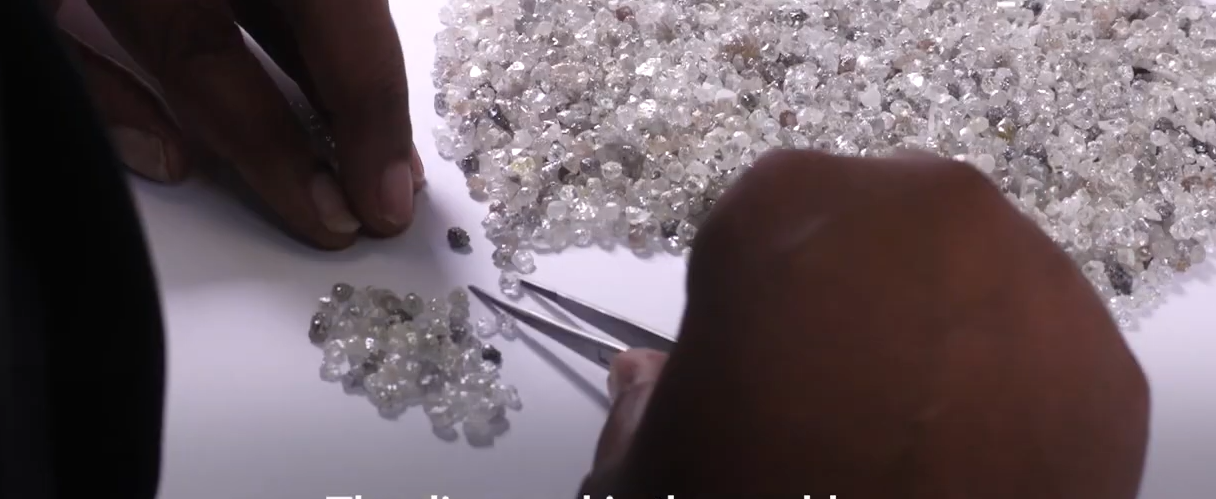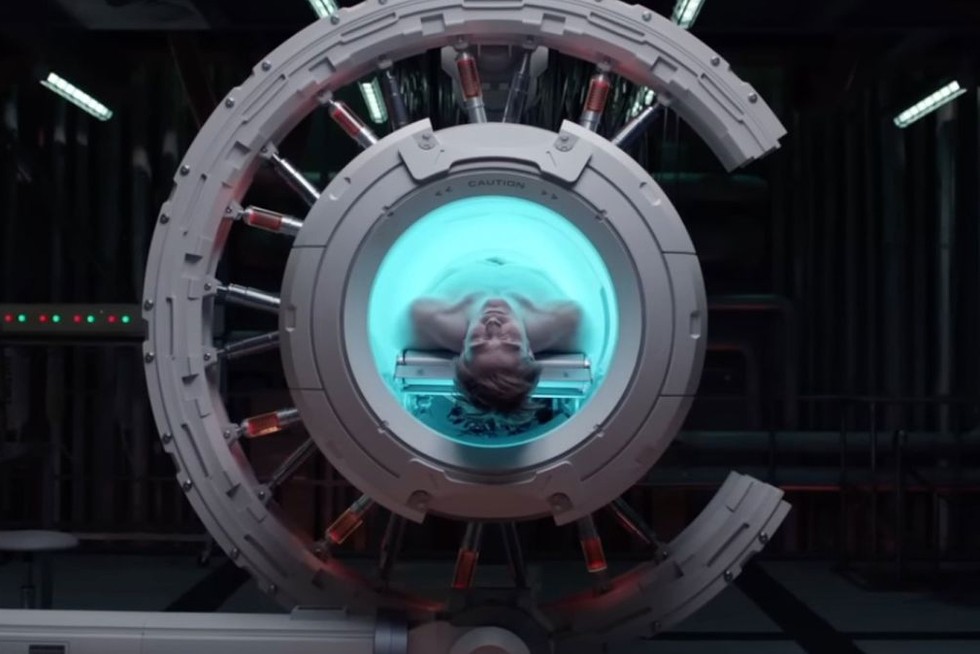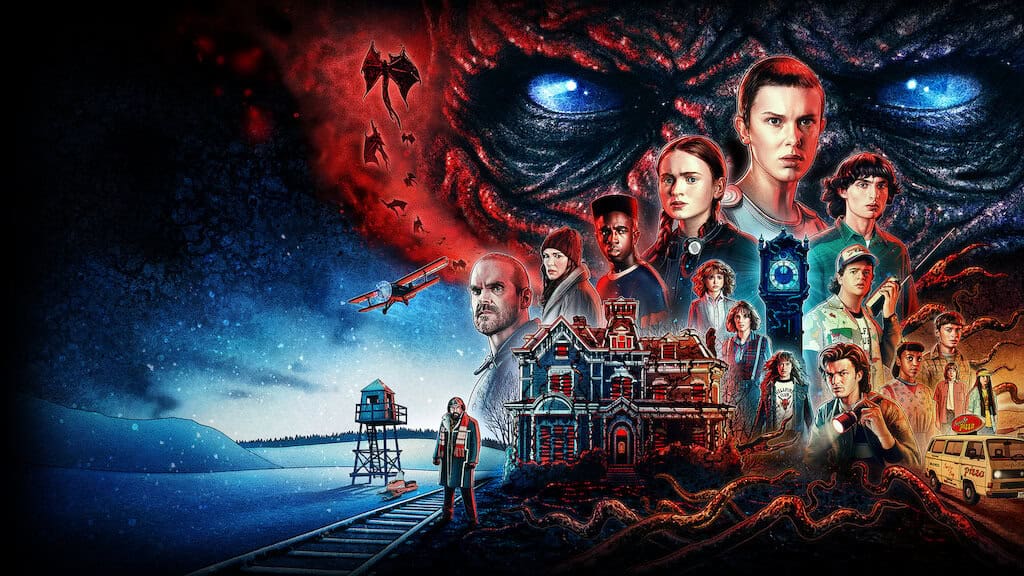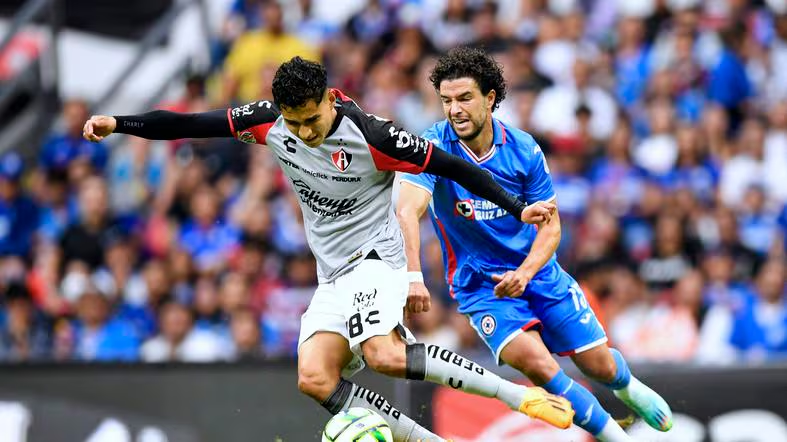Mark my words, the day rap music stopped fighting and rebelling against authority was the day rap music shot itself down. I don’t think many rappers and rap listeners today understand this.
[PointBlank]
“Satan don’t got me”-rapper DMX while in yet another jail.
I write this column in view of the movie “Notorious” which I feel will be a lose/lose issue if too many Black youths go to see it.
Should there be a sign posted in front of theaters saying “No Black youths allowed under 30”? I have already written on reports of violence during an after party of a showing in New York, at Djumbala club, Canarsie, Brooklyn.
I received some email from a close friend questioning why couldn’t the release of the movie have been set back a month or so –as if to imply it could diminish the Obama Presidential Inauguration— and outrage due to some bloggers following up the story with comments referring to the youths as “animals.”
It seems while we live in potentially the greatest era of Black history being made right now, we have the antithesis if Black history taking place right underneath our noses and within many of our households. Black history and Black histrionics taking place concurrently, with very few of us knowing or seeing the need to do anything about it. Under such a peculiar paradox I fail to be offended by any “animal” statements coming from white critics. They’re not wrong about everything, but certain white recording execs are largely responsible.
Beyond certain cable channels making rap-feuds look important in their biographies, in the early days of hip hop, groups like Public Enemy and NWA, the members saw an untapped market; the ghetto story through the eyes of the people living there.
Back in the late 1980’s NWA took it a step further and began giving you they’re own 6: O’clock News, first by selling their own tapes out of the trunk of their car and then landing a recording contract.
Bad living conditions, high crime and police brutality went from audio sound bites to music videos that show visual contrasts between the slave on the plantation and overseers and footage of Blacks harassed by police today (“Don’t Trust it,” “Straight Outta Compton”) were brilliantly thought out narratives that brought our untold stories to the forefront.
I don’t have to remind you that the Rodney King tapes confirmed what many Blacks were complaining about for decades, but it also validated rap videos to America-at-large. But while the hip-hop movement was in prime position to lead the way to revolution, a new direction was unknowingly being charted out by music industry suits in their smoking rooms.
Mark my words, the day rap music stopped fighting and rebelling against authority was the day rap music shot itself down. I don’t think many rappers and rap listeners today understand this.
Black youths watched the hip-hop culture evolve from the creative entertainment of Sugar Hill, Grand Master Flash & The Furious Five, Kurtis Blow, Eric B. and Rakim, Whodini etc., to more Last Poets influenced PE, A Tribe Called Quest, X-Clan, with Ice-T and NWA creating the “gangsta rap” genre.
Most of these groups were instilling historical links to Ancient Africa and great Black revolutionaries like Patrice Lumumba, Malcolm X, Martin Luther King, the Panthers etc.; young Blacks were wearing caps with the X on them commemorating Malcolm. After the establishment’s outrage over early ’90’s songs like “Cop Killer” and “Fuck the Police” they began to fight rap’s burgeoning Afrocentic revolution from the inside out through the strategic use of one central figure. Marion “Suge” Knight
Knight was street, like a lot of guys from the ‘hood it seemed he never grew up; but for obvious reasons nobody asks these guys to head major companies or even small businesses for that matter. Reportedly illiterate and divisive therein lay his value to the powerful white man afraid of a movement or Rap Messiah that would wake Blacks up; use one of their own instead, to dumb them down.
There were two rappers at that time who had a large following among Black youth; Tupac Shakur and the subject of the aforementioned film Notorious B.I.G.
it was in the best interest of industry suits that the two become rivals. Key statements by Knight and a little instigation The Source magazine seemed to keep the pot stirred and the eventual bullets flying.
Today 12 years after both of those killings the smoke hasn’t completely died and with no official prosecution of all involved, Biggie and Tupac aren’t really resting in peace. Neither has the culture of dumbness established by Knight within parts of the music industry.
The policies of acting out misogamy, nigger-fication, materialism, individualism and ignorance are enforced by a music industry control board whose job it is to push these low standards of behavior chiefly into the feeble minds of Black youth through today’s hard rap icons like DMX and 50 Cent. Don’t expect “Notorious” to reveal this.
Industry suits are determined to have rap artist continue to drag Black stupidity as the in-thing as long as they can; at almost all costs. An essay by Wendy Day comments on rap’s determination to push low standards even though it is losing ground in record sales.
Her assertion that rap today has become boring has a strong ring of truth: “One of the reasons it is boring right now is because no one is taking any risks… this is a justifiably sensible business decision but a horrendous artist decision.”
In other words a lot of so-called artists have been cluttering up in expensive recording studios or even home-made studios and screaming “bitch” and “‘ho” when they could have mailed it in. Whenever an industry will take a loss and refuse to change it’s program shows it was made to be detrimental to Black youths in the first place and they fear a re-emergence of conscious-political rap.
On one hand this is good news; at least it would be if the industry openly encouraged more originality and creativity in rap music, but don’t expect this to happen. Personally I’m waiting on hip-hop to die out and the next thing to come along.
And to tell you the truth, even though I rarely watch it, “American Idol” may be the vehicle to bring back real singing. I don’t have to worry about a Suge Knight instigated feud between R&B performers; the youths who murdered members of Jennifer Hudson’s family are just an example of the young-and-dumb Black boys propped up by the false conscience that hard core rap lyrics produces.
Of course Knight and these rappers will try and defend such behavior as “we’re just businessmen.” It used to be that rappers like NWA dismissed their negative lyrics as a manifestation of the reality of street behavior, but today rap has turned the tables to where the streets are now imitating the art.
And when this happens the art form has become obsolete because what you’ll develop is not a revolution but a de-evolution. This isn’t just bad for business; it’s bad for life.
Black Star News contributor Chris Stevenson is a columnist for the Buffalo Bullet http://www.buffalobullet.blogspot.com Contact him at [email protected]

















